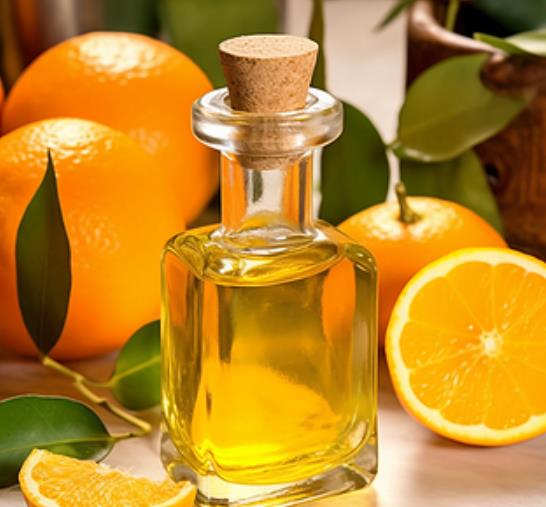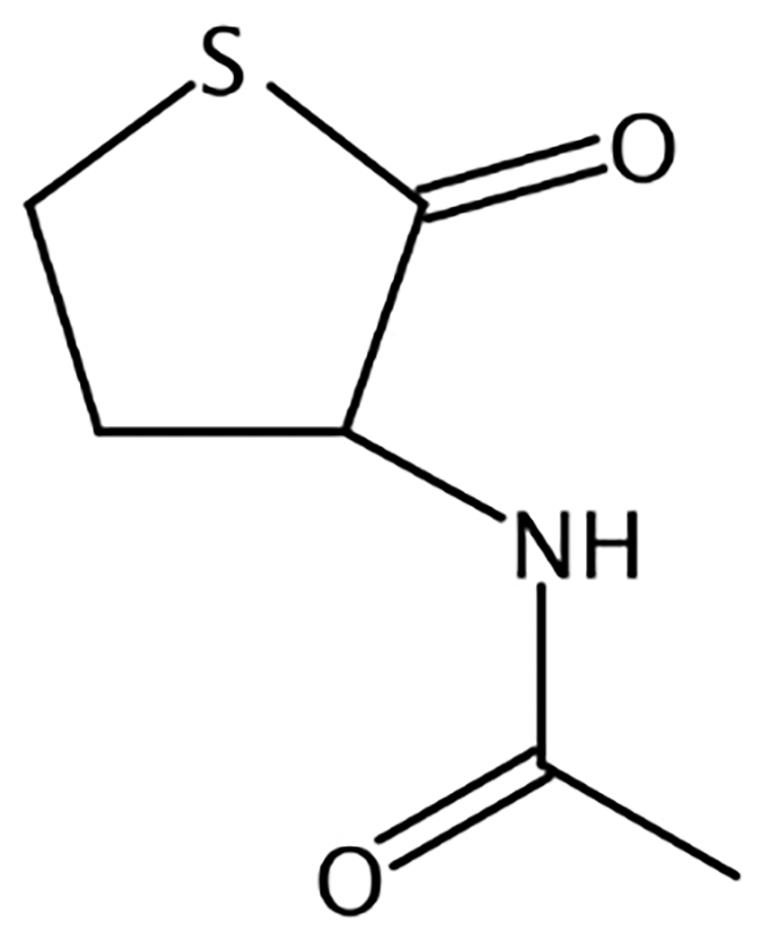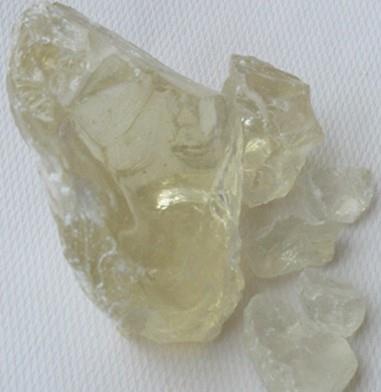Antibacterial Effects and Mechanism of Mandarin Oil
General Description
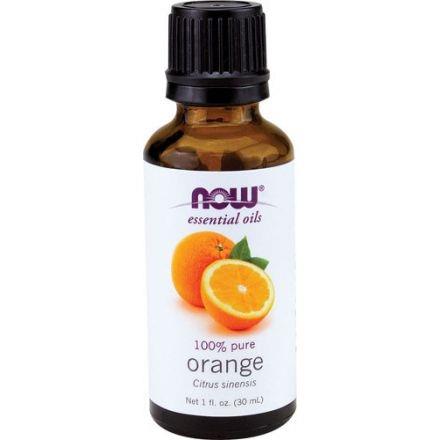
Figure 1. Properties of Mandarin Oil
Mandarin oil act as natural antimicrobial agents. They are extracted from a variety of aromatic herbs and fruits, and are gradually increasing in popularity as safe, natural alternatives to artificial chemical compounds in the food industry, due to greater consumer acceptability. The extensive biological activities of Mandarin Oil have been widely used in food chemistry, pharmacology, pharmaceutics and related fields. Numerous previous studies have described their antioxidant, antiradical and antimicrobial effects. The Mandarin Oils of lemon, mandarin, grapefruit and orange has shown inhibitory effects on the growth of some bacteria in the food industry, (Lactobacillus curvatus, L. sakei, Staphylococcus carnosus and S. xylosus) and those related to food spoilage (Enterobacter gergoviae and E. amnigenus) in the food industry. With the exception of some phototoxicity of expressed oils, they are generally safe to use with negligible toxicity to humans. The readily available Mandarin Oil will undoubtedly continue to play important roles in the food and beverage industries.1-7
Antibacterial Effect of Mandarin Oil on Planktonic S. aureus
The MIC value was found to be 0.5 mg/mL and the 2MIC value was 1 mg/mL. Previous studies showed that there are qualitative similarities between components present in oils although some of them showed quantitative differences when tested. The components are grouped into several classes: hydrocarbon monoterpenes, oxygenated monoterpenes, hydrocarbon sesquiterpenes, oxygenated sesquiterpenes and others [16]. The antimicrobial effects of the Mandarin Oil of three commercially grown citrus fruits (orange, lemon and mandarin) against food spoilage caused by pathogenic microorganisms were reported, and found the Mandarin Oil to possess the broadest spectrum of actions. Oxygenated monoterpenes in Mandarin Oil extracted from the fruit peel of citrus genotypes (orange, mandarin and lemon) were most effective in inhibiting the growth of Listeria spp. strains and played a direct role in their antibacterial mechanisms.8-9
Antibacterial Mechanism of Mandarin Oil against Planktonic S. aureus
Effect of Mandarin Oil on S. aureus Cell Morphology

Figure 2. Damage (indicated by red arrows) had formed on the surface of cells related with Mandarin Oil (untreated, treated with Mandarin Oil at MIC and 2MIC, respectively)
Cyperus rotundus rhizomes Mandarin Oil possibly caused the loss of S. aureus cell viability by directly changing the integrity of cell membranes and cell walls. Similarly, another study indicated that the destruction of S. aureus cell membrane by peppermint essential oil was irreversible. The influences of antibacterial agents on the morphology of bacterial cells were varied, such as separation of cytoplasmic membrane from cell wall, cytoplasmic content leakage, cell lysis and cell distortion. Our results showed that Mandarin Oil could cause the destruction of cell membranes integrity and leakage of intracellular substances. We further examined the cell membrane permeability and integrity.10
Effect of Mandarin Oil on S. aureus Cell Membrane Potential
The cell membrane potential was obviously reduced and depolarized by the effects of Mandarin Oil in a dose-dependent manner. Membrane potential is defined as the potential difference between the interior and exterior of a biological cell. Normal mitochondrial membrane potential can, for example, maintain mitochondrial oxidative phosphorylation levels and ATP production. The results of this study found that the depolarization of cells exposed to Mandarin Oil could result in abnormal metabolic activities of the cells, and the SEM images also displayed the structural distortion and serious destruction of S. aureus cell treated with Mandarin Oil. The Listeria monocytogenes cells was treated with tannin-rich fractions and found that the cell membrane potential was significantly changed and depolarized. Similar findings were reported when S. aureus was exposed to melanin from Lachnum YM30.11
Effect of Mandarin Oil on S. aureus Cell Constituents
Cinnamon Oil could affect the integrity of a cell membrane by acting on it and, thereby, inducing the loss of cell membrane function and the leakage of nucleic acids and proteins. Furthermore, in our previous study it was found that that peppermint Mandarin Oil caused the destruction of the S. aureus cell membrane, which raised the level of extracellular nucleic acids and proteins. Similarly, these current results suggest that the Mandarin Oil's irreversible damage to the S. aureus cell membrane integrity led to the leakage of cell constituents and cell death.12
Effect of Mandarin Oil on S. aureus Cell Proteins
Mandarin Oil treatment affected the protein synthesis of S. aureus cells.Proteins are essential biological macromolecules in the cell membrane and cytoplasm of bacteria. In previous studies, we used SDS-PAGE to analyze the total soluble proteins of Bacillus cereus exposed to thyme essential oil (TEO) and observed that TEO could either inhibit the release of protein or destroy cell protein synthesis to inhibit bacterial activity. This is similar to the whole-cell protein loss observed in this study in response to Mandarin Oil treatment. The results confirmed that TEO could not only damage the integrity of cell membranes, leading to the leakage of intracellular constituents, but could also possibly inhibit the synthesis of proteins to kill bacterial cells. It has been established that clove oil could affect the synthesis of nucleic acid and the expression of related genes of L. monocytogenes to hinder the synthesis of intracellular proteins and enzymes.13
Effect of Mandarin Oil on Intracellular ATP Concentrations of S. aureus
ATP is essential for bacterial cell functions, including energy conversion requirements, nutrient processing and transportation, the synthesis of structural macromolecules and the secretion of various enzymes and could, thus, be used to understand the antibacterial mode of Mandarin Oil. The results suggest that reduced intracellular ATP concentration could inhibit ATPase activity and ATP synthesis. Previous studies treated Escherichia coli and S. aureus with cinnamon essential oil and found that intracellular ATP concentration sharply decreased while extracellular ATP concentration increased, suggesting that cinnamon essential oil could enhance the permeability of cell membranes and inhibit the synthesis of ATP.14
References
1.Liu, Y.; Heying, E.; Tanumihardjo, S.A. History, Global Distribution, and Nutritional Importance of Citrus Fruits. Compr. Rev. Food Sci. Food Saf. 2012, 11, 530–545.
2.Javed, S.; Javaid, A.; Mahmood, Z.; Javaid, Z.; Nasim, F. Biocidal activity of citrus peel essential oils against some food spoilage bacteria. J. Med. Plants Res. 2011, 5, 3697–3701.
3.Cristani, M.; d’Arrigo, M.; Mandalari, G.; Castelli, F.; Sarpietro, M.; Micieli, D.; Venuti, V.; Bisignano, G.; Saija, A.; Trombetta, D. Interaction of four monoterpenes contained in essential oils with model membranes: Implications for their antibacterial activity. Agric. Food Chem. 2007, 55, 6300–6308.
4.Adrar, N.; Oukil, N.; Bedjou, F. Antioxidant and antibacterial activities of Thymus numidicus and Salvia officinalis essential oils alone or in combination. Ind. Crop. Prod. 2016, 88, 112–119.
5.Said, Z.B.O.S.; Haddadi-Guemghar, H.; Boulekbache-Makhlouf, L.; Rigou, P.; Remini, H.; Adjaoud, A.; Khoudja, N.K.; Madani, K. Essential oils composition, antibacterial and antioxidant activities of hydrodistillated extract of Eucalyptus globulus fruits. Ind. Crop. Prod. 2016, 89, 167–175.
6.Kacem, N.; Roumy, V.; Duhal, N.; Merouane, F.; Neut, C.; Christen, P.; Hostettmann, K.; Rhouati, S. Chemical composition of the essential oil from Algerian Genista quadriflora Munby and determination of its antibacterial and antifungal activities. Ind. Crop. Prod. 2016, 90, 87–93.
7.Dosoky, N.S.; Setzer, W.N. Biological Activities and Safety of Citrus spp. Essential Oils. Int. J. Mol. Sci. 2018, 19, 1966.
8.Torres-Alvarez, C.; González, A.N.; Rodríguez, J.; Castillo, S.L.; Leos-Rivas, C.; Báez-González, J. Chemical composition, antimicrobial, and antioxidant activities of orange essential oil and its concentrated oils. CyTA J. Food 2017, 15, 129–135.
9.Torres-álvarez, C.; Nú?ez González, A.; Rodríguez, J.; Castillo, S.; Leos-Rivas, C.; Báez-González, J.G. Antilisterial effect of citrus essential oils and their performance inedible film formulations. Food Control 2016, 59, 750–758.
10.Zhang, L.; Zhang, L.; Hu, Q.; Hao, D.; Xu, J. Chemical composition, antibacterial activity of Cyperus rotundus rhizomes essential oil against Staphylococcus aureus via membrane disruption and apoptosis pathway. Food Control 2017, 80, 290–296.
11.Xu, K.; Li, J.; Yang, L.; Fang, S.; Liu, Y.; Ye, M. Antibacterial activity and a membrane damage mechanism of Lachnum YM30 melanin against Vibrio parahaemolyticus and Staphylococcus aureus. Food Control 2017, 73, 1445–1451.
12.Zhang, Y.; Liu, X.; Wang, Y.; Jiang, P.; Quek, S. Antibacterial activity and mechanism of cinnamon essential oil against Escherichia coli and Staphylococcus aureus. Food Control 2016, 59, 282–289.
13.Kang, J.; Liu, L.; Wu, X.; Sun, Y.; Liu, Z. Effect of thyme essential oil against Bacillus cereus planktonic growth and biofilm formation. Appl. Microbiol. Biotechnol. 2018, 102, 10209–10218.
14.Cui, H.; Zhou, H.; Lin, L.; Zhao, C.; Zhang, X.; Xiao, Z.; Li, C. Antibacterial activity and mechanism of cinnamon essential oil and its application in milk. J. Anim Plant. Sci. 2016, 26, 533–541.
Related articles And Qustion
See also
Lastest Price from Mandarin oil manufacturers

US $0.00/KG2025-04-21
- CAS:
- 8008-31-9
- Min. Order:
- 1KG
- Purity:
- 99.0%
- Supply Ability:
- 1000KG/month
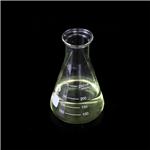
US $0.00/KG2025-04-15
- CAS:
- 8008-31-9
- Min. Order:
- 1KG
- Purity:
- 99%
- Supply Ability:
- 500000kg

